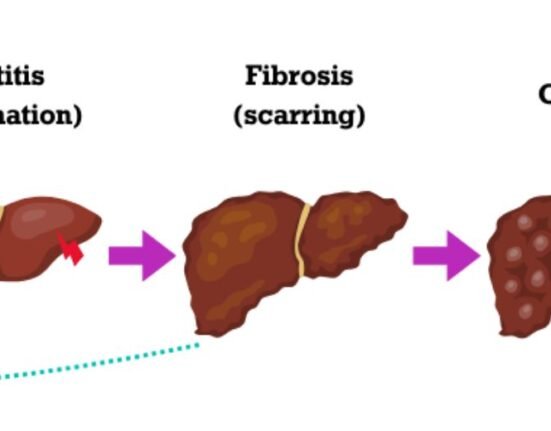HQ Team
November 19, 2022: About 45% of the world’s population, or 3.5 billion people, are suffering from oral diseases, a new study states.
Every three out of four affected people live in low and middle-income nations, according to the WHO’s Global Oral Health Status Report.
Global cases of oral diseases have increased by one billion over the last 30 years, indicating that many people do not have access to the prevention and treatment of oral diseases.
Dental caries, tooth decay, severe gum disease, tooth loss and oral cancers are the most common oral diseases. Untreated dental caries is the most common condition globally, affecting an estimated 2.5 billion people.
Severe gum disease — a significant cause of total tooth loss — is estimated to affect 1 billion people worldwide. About 380 000 new cases of oral cancers are diagnosed every year.
Glaring inequalities
Data analysed from 194 countries for the report showed glaring inequalities in access to oral health services, with a massive burden of oral diseases and conditions affecting the most vulnerable and disadvantaged populations.
People on low incomes, people living with disabilities, older people living alone or in care homes, those living in remote and rural communities and people from minority groups carry a higher burden of oral diseases.
Essential oral health services cover only a small percentage of the global population, and those with the greatest need often have the least access to services.
The inequalities were similar to noncommunicable diseases such as cancers, cardiovascular diseases, diabetes, and mental disorders.
Smoking, drinking
Risk factors common to noncommunicable diseases, such as high sugar intake, tobacco use, and harmful use of alcohol, all contribute to the global oral health crisis.
The WHO stated that costs rose as specialised providers used expensive high-tech equipment and materials. Non-integration with primary health care models is the main barrier to deliver these services.
Poor information and surveillance systems and low priority for public oral health research are the other bottlenecks to developing more effective oral health interventions and policies.
Address risk
“Oral health has long been neglected in global health, but many oral diseases can be prevented and treated with the cost-effective measures outlined in this report,” said WHO Director-General Dr Tedros Adhanom Ghebreyesus.
Governments must take a public health approach by addressing common risk factors by promoting a well-balanced diet low in sugars, stopping the use of all forms of tobacco, reducing alcohol consumption and improving access to good and affordable fluoride toothpaste.
The authorities must strengthen information systems by collecting and integrating oral health data into national health monitoring systems.
“Placing people at the heart of oral health services is critical if we are to achieve the vision of universal health coverage for all individuals and communities by 2030,” said Dr Bente Mikkelsen, WHO Director for Noncommunicable Diseases.








